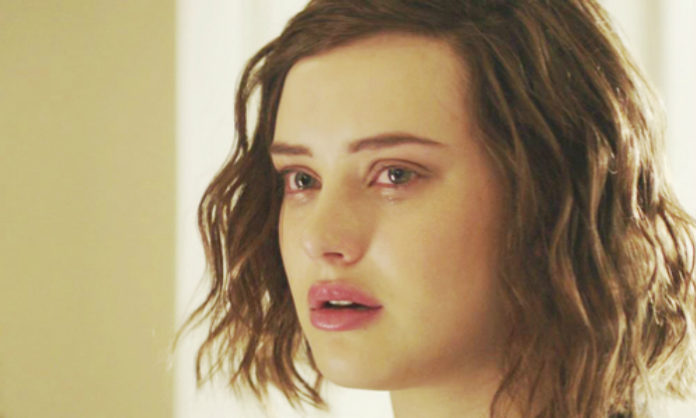
It’s been quite some time since Netflix’s 13 Reasons Why has come out, and since its release, it has garnered a lot of attention. Much of it is positive, and some of it is negative. There are those who applaud the show for starting a dialogue about suicide and bullying, and there are those who call the show out for starting the wrong dialogue for all the wrong reasons.
I am one of those in the latter camp.
I remember reading the book in high school and being surprised and uncomfortable by it. The portrayal of Hannah killing herself is abrupt and the high schoolers that surround her are relatively shallow and clueless.
But I get it: we need to talk about teen suicide and mental health more.
However, I’m not sure 13 Reasons Why is the way to do it.
One of my first problems with the book, and subsequently the Netflix show is this: I know people who have tried to commit suicide and in different ways. And for most of them, and for many people, there were no solid reasons for their actions. Maybe in hindsight, they could understand that it was because they felt like they didn’t fit in, or they were being bullied for being themselves, or simply that their depression was becoming too much. And if they did have reasons, they sure as hell weren’t making any tapes before they made their suicide attempts.
I’m sorry, Hannah, but that’s not really how most suicide works.
And yes, we should bring all the bullying going on in high schools to light. It is becoming a huge and dangerous issue. But so is mental health. And those don’t always go hand in hand. By making the dialogue, “13 Reasons Why is starting the dialogue about teenage mental health and bullying and isn’t that fantastic,” we’re trivializing the subjects. Bullying and mental health in teenagers are such big issues that they should be handled separately and in extremely different ways. Plus, most people who are being bullied in high schools are so unlikely to tell people that we should be showing kids how healthy it is to tell someone – anyone – about what’s going on.
I also have a problem with the way the producers and stars of the show have been talking about it. I saw a quote from Selena Gomez that said they stayed really true to the book. But that’s not the case. In the book, Hannah kills herself with pills. It’s a less violent, and way less graphic way than in the TV show, considering on Netflix, we watch Hannah cut herself. From what I’ve heard, it’s a horrific and terrifying scene, especially for people who have a history with suicide, and particularly cutting.
And look, Selena, I understand. Showing blood on television is going to be way more effective than pills. But this is just adding to the problem of glorifying suicide on television.
But when one of my flatmates is talking to me about the show and says, “I finished it and I kind of want to slit my own wrists now,” we have a problem. Suicide isn’t something we should be seeing on television, and when it is, it shouldn’t be used as a plot device or a way to garner sympathy for other characters.
We shouldn’t be watching girls cut themselves, or boys hang themselves (like in Glee – a scene I don’t think I’ll ever forget). We shouldn’t be creating these characters whose one flaw is that they are outcasts and then they want to kill themselves. In fact, a lot of my friends who struggle with depression, anxiety, suicidal tendencies have a lot of friends – they fit in and they aren’t social pariahs.
This is not how to start a dialogue.
Create a character with depth – someone who works, goes to school, laughs with friends, hangs out on the weekends, still feels helpless, and tells someone about it, and gets help – and then we’ll have a healthy dialogue.
We need a dialogue about how seeking help works for most people. We need a book, a movie, a TV show where therapists aren’t assholes or stupid or the people perpetuating the terrible feelings. We need the media to portray someone who can’t get out of bed in the morning, someone who feels numb and finds it hard to interact with people sometimes, someone who seems like the life of the party but her hands shake and she cries herself to sleep – and then finds someone to help, and starts working towards a better life.
Then, maybe, just maybe, people will stop seeing suicide as the only answer. Because it won’t be the only thing they’re seeing on television. Instead, they’ll see someone seek help, and start to feel better. They’ll see someone take their pain and grow from it.
I’m not saying mental health is something we can cure. I sure as hell know that’s not the case. But it’s something we can help – something we can treat.
So then, maybe, people will understand they have so many more reasons to stay.
Feature image via Thirteen Reasons Why screengrab


















